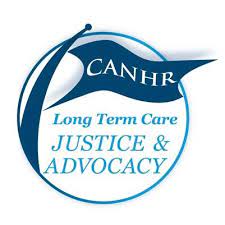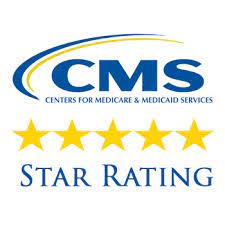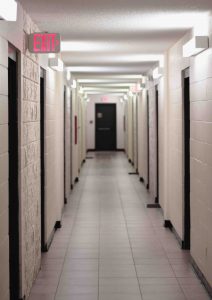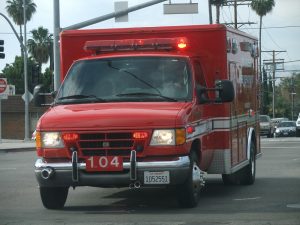When families in Los Angeles County or elsewhere in Southern California are seeking information about nursing homes and skilled nursing facilities in the state, they often turn to the CMS star rating system and to publicly available information about safety violations. Yet according to a recent report in The New York Times, some of the worst offenses at nursing homes across the country might not be reported to the public. Why are serious nursing home abuse and neglect injuries hidden? The report suggests that a “secretive appeals process” prevents the public from getting the full picture. Our Los Angeles County nursing home abuse attorneys can tell you more.
Serious Injuries are Not Factored Into the Star Rating System
The Centers for Medicare and Medicaid Services (CMS) publishes information about nursing homes through its star rating system, which is supposed to provide the public with information about recent safety violations at nursing homes and harms suffered by elderly residents. Yet the recent report, which stems from a New York Times investigation, indicates that “at least 2,700 . . . dangerous incidents were not factored into the rating system.”
 California Nursing Home Abuse Lawyer Blog
California Nursing Home Abuse Lawyer Blog








 If residential facilities are not held to the fines levied against them by the California Department of Social Services when they’re found to have committed elder abuse or elder neglect, what is to stop these care homes from behaving negligently? It can be difficult to know whether a loved one has been subject to nursing home abuse and neglect, but it’s always a good idea to speak to an elder justice advocate. If you believe an older adult has been the victim of elder neglect, you should contact an experienced
If residential facilities are not held to the fines levied against them by the California Department of Social Services when they’re found to have committed elder abuse or elder neglect, what is to stop these care homes from behaving negligently? It can be difficult to know whether a loved one has been subject to nursing home abuse and neglect, but it’s always a good idea to speak to an elder justice advocate. If you believe an older adult has been the victim of elder neglect, you should contact an experienced 





